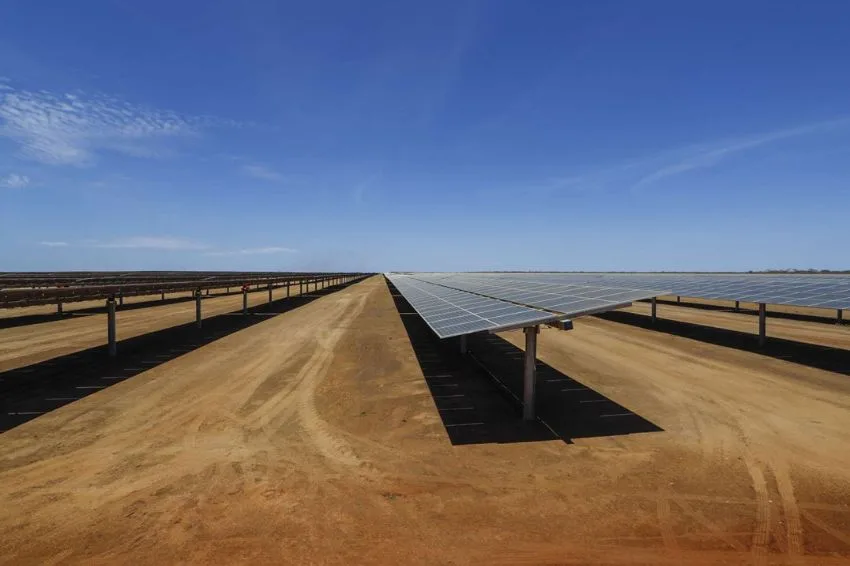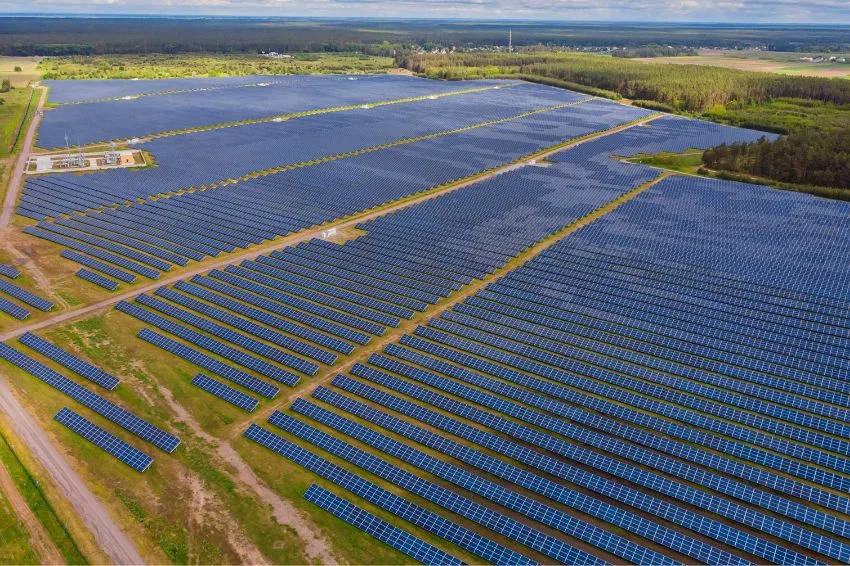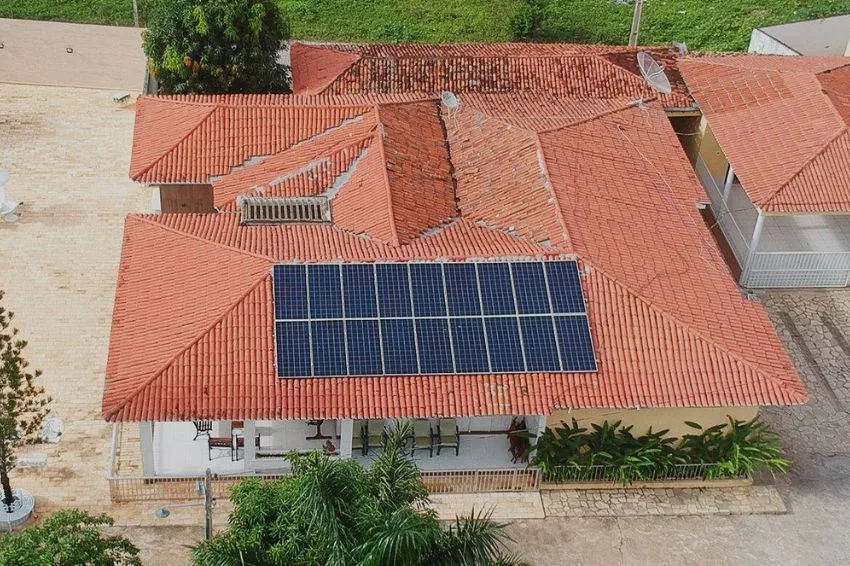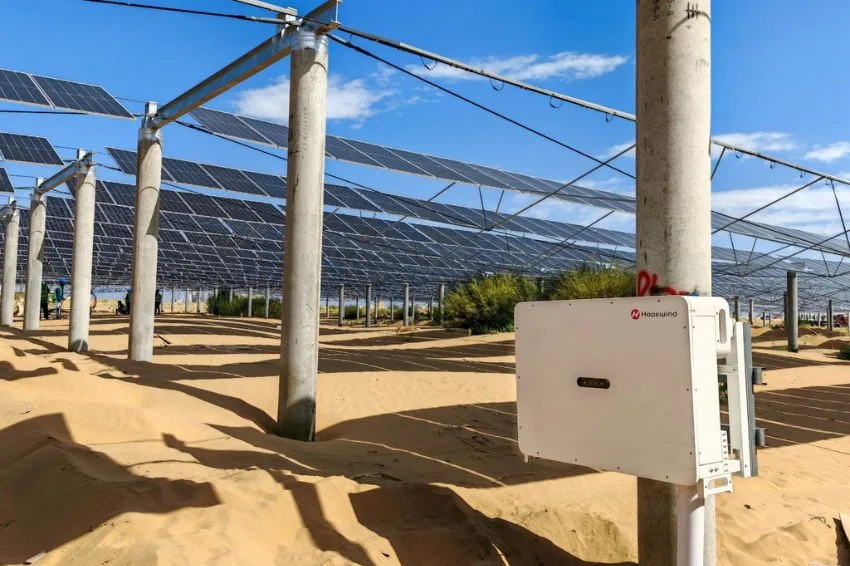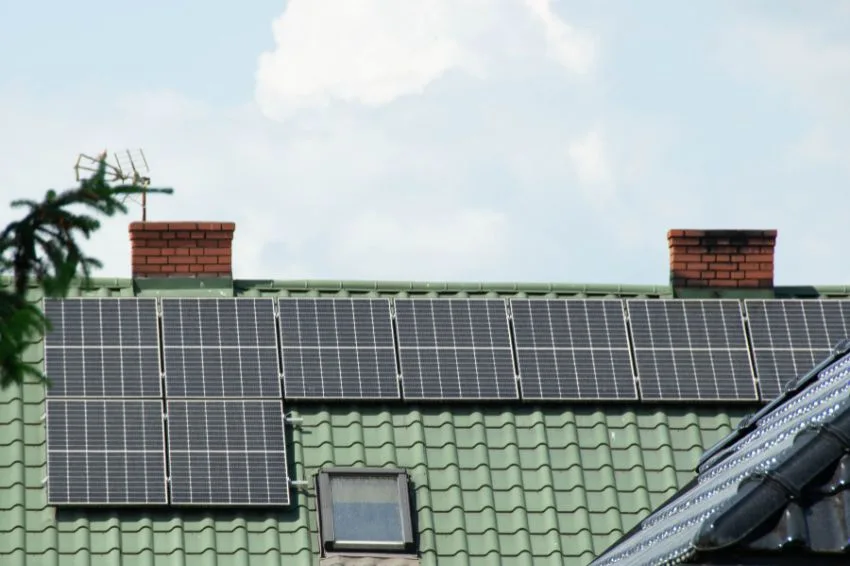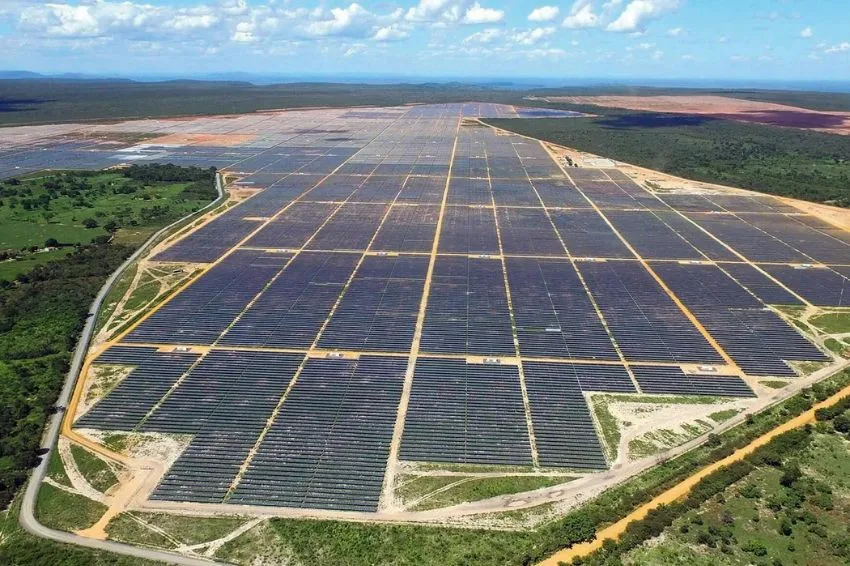A study carried out by Ampere Consultoria shows that, under current conditions, the PLD value minimum (Differences Settlement Price) could fall 9.3% in 2024, going from R$ 69.04/MWh to R$ 62.63/MWh.
The PLD is used in the financial calculation of the MCP (Short-Term Market) and serves as a reference for contracts for the purchase and sale of electricity on the free market.
The calculations take into account inflation in the United States and the appreciation of the real in relation to the dollar. This is because the minimum PLD is calculated based on the Itaipu Optimization Tariff (TEO-Itaipu). This tariff is defined considering a formula that involves the cost of producing energy delivered to Brazil and the average exchange rate.
The premises were adopted as an average exchange rate of R$ 5.00 per dollar in the year 2023 and that the average US inflation will be 3.8% between August 2022 and July 2023 against the 14.6% used in calculating the PLD minimum this year.
Another uncertainty in the simulation concerns the volume of energy provided by Paraguay. In the calculations, Ampere considered the same percentage applied in defining this year's price, 37.14%.
The definitive value must be presented by Enbpar (Empresa Brasileira de Participações em Energia Nuclear e Binacional) only in November and has among its unknowns the expected amount of energy generation from Itaipu in the following year.
Renegotiations on the Itaipu plant treaty could also influence the calculations. However, developments on this topic are not expected in a timely manner to influence the 2024 minimum PLD.
“The expectation is that this methodology [for calculating PLDmin] will be the subject of discussions promoted by ANEEL later this year. However, given the financial impacts that could be incurred by agents as a result of the application of such a relevant change in the current scenario, the expectation is that any changes will only take effect from 2025 onwards”, he assesses. Guilherme Ramalho de Oliveira, consultant at Ampere.




